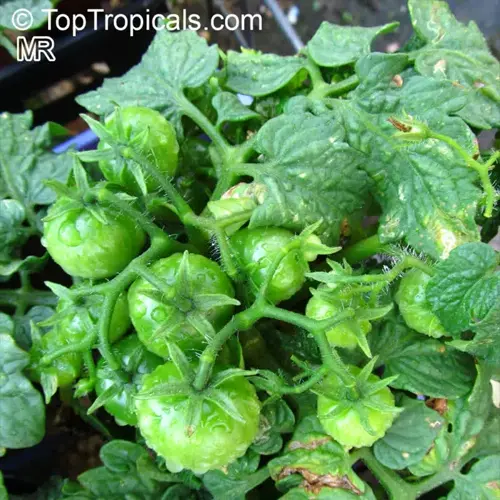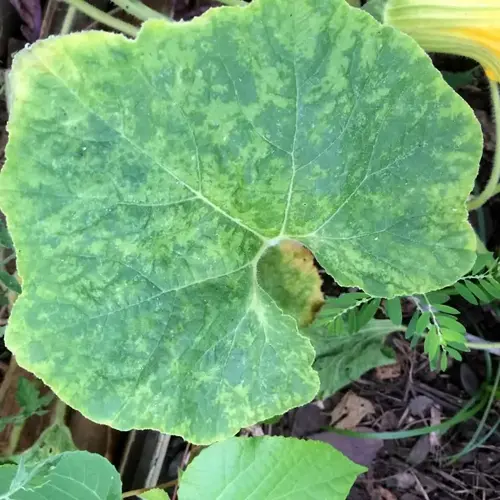What organic fertilizers work best in containers?

Written by
Julia Anderson
Reviewed by
Prof. Charles Hartman, Ph.D.Organic fertilizers are a safe way of giving nutrients to container-grown plants because they release nutrients slowly and match the rate of nutrient uptake by the plants. Synthetic fertilizers can cause root burn or salt accumulation in container plants. Organic fertilizers also improve the long-term health of the soil. Your plants will develop more durable resistance to pests and diseases.
Timing & Frequency
- Active growth: Apply every 2-4 weeks during growing season
- Dormancy: Suspend feeding for resting plants
- Vegetables: Feed every 10-14 days during production
- Flowers: Increase frequency during blooming
Mixing Techniques
- Teas: Steep compost 24-48 hours before diluting
- Granules: Incorporate into top 2 inches of soil
- Liquids: Apply to damp soil early morning
- Foliar sprays: Mist leaves avoiding midday sun
Worm castings provide a rich source of full nutrition. They have productive microorganisms that enhance soil health. Nutrients are released slowly over several months, preventing leaching. Worm castings improve soil structure, reducing compaction. You can use it liberally without worrying about overfeeding your plants. Within weeks, you will see results.
Prepare compost tea for its microbial advantages. Place mature compost into a mesh bag and steep it in water for two days. Stir the bag as desired to introduce oxygen to the material. Dilute the steeped concentrate (the "tea") until it resembles tea in color. Then apply the compost tea to the soil or foliage of the land you want to feed. This method is an excellent way to rejuvenate tired container soil.
Unite fertilizers to achieve harmonious nutrition. Incorporate elements of bone meal for phosphorus and kelp for potassium. The addition of worm castings will provide nitrogen and microbial diversity to your soil. When supplemented together, they will support plants from all physiological growth stages. You can adjust the ratios according to the specific needs of your plants. Your containers will flourish when using this technique.
Correct organic fertilization can help transform container gardens in a way that allows for natural root development. Plants develop root systems that penetrate deep into the pot and ultimately resist the stresses of their environment significantly better. The soil structure can also improve with each growing season. Consider implementing these products and solutions to help your container gardens flourish and become healthier and more productive!
Read the full article: Choosing the Best Container Gardening Soil

